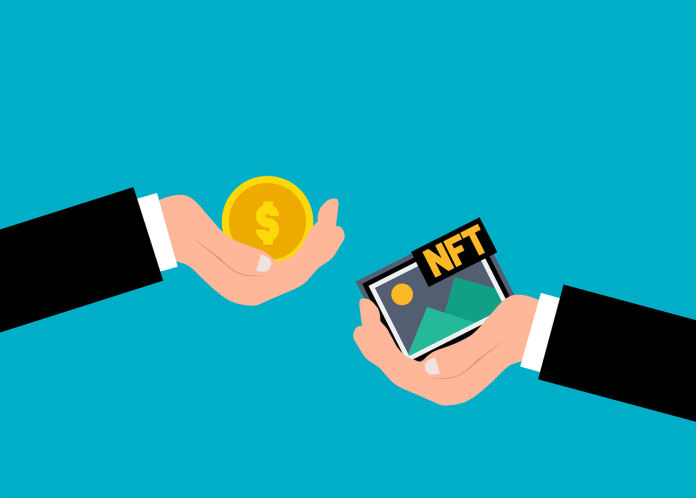On 24 June 2022, the High Court of England and Wales granted an order permitting service of court proceedings via the transfer of a token on the blockchain in the case of D’Aloia v. Binance Holdings & Others
Giambrone & Partners LLP has instructed Dean Armstrong QC and Racheal Muldoon of The 36 Group to secure the first order of its kind outside of the United States granting permission to ‘serve’ legal documents upon unknown fraudsters connected with two digital wallets over the blockchain by non-fungible token or ‘NFT’.
This order is a noteworthy development in the area of service of court documents and a welcome example of a court embracing new technology. It is also a significant judgment as it demonstrates how England and Wales is one of the best jurisdictions in the world, if not the best, when it comes to protecting victims of cryptoasset fraud.
‘Service’ is a legal term used to describe the steps required by rules of the court to bring documents used in court proceedings to a person’s attention. The aim of strict service Civil Procedure Rules is to ensure that, as far as possible, documents come to the attention of the other party so that they are aware of the case against them and have the chance to engage in legal proceedings.
Fabrizio D’Aloia v. Binance Holdings & Others saw Mr Justice Trower of the High Court of England and Wales grant an Injunction over cryptocurrency belonging to Mr D’Aloia on 24 June this year.
Fabrizio D’Aloia, an Italian engineer and founder of online gambling joint stock company Microgame, filed a Part 8 claim on 24 June against 4 cryptocurrency exchanges – Binance, Polo Digital Assets, Aux Cayes Fintech and Bitkub Online – and software company Gate Technology. The application arose because of Mr D’Aloia’s cryptocurrency being misappropriated by Persons Unknown operating a fraudulent clone online brokerage.
The order provided for service on the ‘Persons Unknown’ connected with a fraudulent cryptocurrency brokerage platform by ‘alternative method’ including email and, importantly, by NFT airdrop to two wallets into which Mr D’Aloia originally transferred his cryptocurrency that was subsequently stolen
This judgment is significant on two fronts. First, it paves the way for other victims of cryptoasset fraud to sue persons unknown who have stolen their cryptocurrency in situations where they otherwise would not be able to – for instance, where the contact details for fraudulent platforms are no longer active, which is often the case. This has the potential to lead to digital service over the blockchain, with all the benefits of immutability and verification, becoming the norm in favour of conventional means of service, such as post.
Secondly, the Judge’s Order recognised that the cryptocurrency exchanges, including Binance and OKX, hold the stolen cryptocurrency as trustees, meaning that they are responsible for making sure it is not moved on or withdrawn from their exchanges.
Mr Justice Trower’s order is second only to that of the Supreme Court of the State of New York’s on 2 June this year in LCX AG, -v- John Does Nos. 1 – 25.

